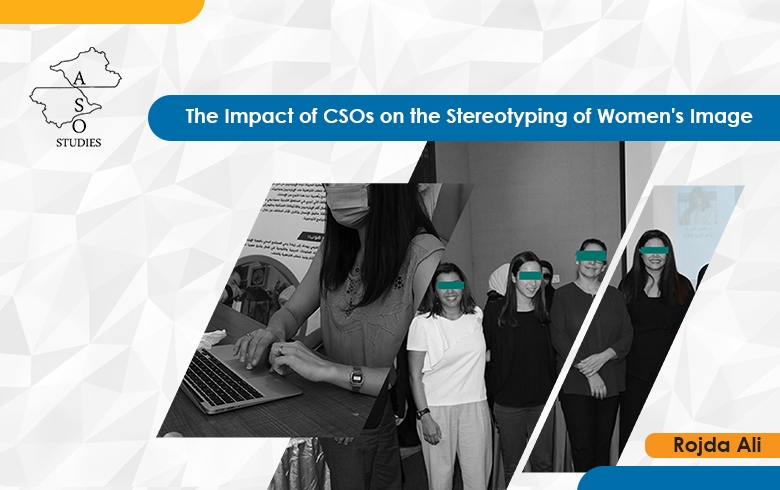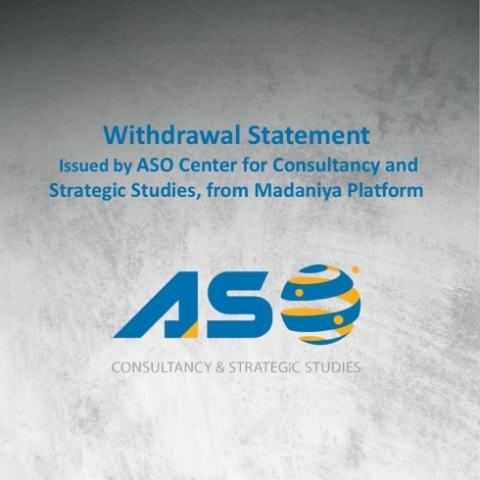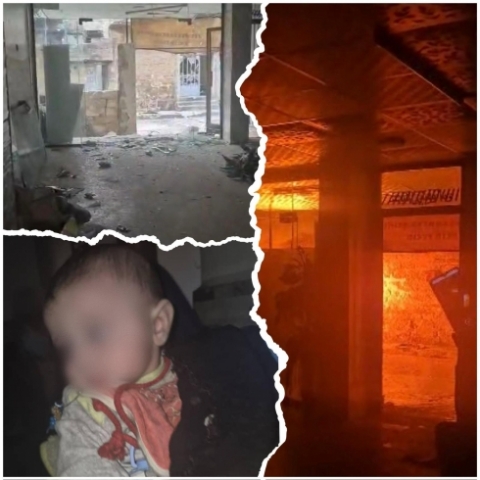

The Impact of CSOs on the Stereotyping of Women's Image
2021-11-22
There is a forfeiture under way regarding the issue of gender justice in the modern administrative experience in Northeastern Syria. In particular in the field of civil organizations which suddenly appeared alongside the years of war in Syria. This forfeiture is represented in the demand for gender equality in employment within institutions while neglecting justice in job efficiency and not taking into account the nature of each society's concerns, which leads to different job classification schemes between men and women. Hence, the issue of gender enhancement, or compliance with the requirements of international bodies that fund gender policies, forfeits the development of the skills necessary for new positions, and to compete on an equal footing with men within areas, monopolized by the historical background of the nature of the tribal, economic and Baathist regime, for men but not for women.
Should institutions assign a compulsory "quota" for their vacancies, irrespective of the qualifications required? Or should we work to prevent gender inequalities and create the conditions for developing local staff ready to assume new roles that have become challenges for them, regardless of their gender. There are signs of turning gender into a new ideology, imposed by political forces or international bodies that fund organizations, for reasons which do not necessarily result in the empowerment of women. Therefore, the gender quota is detrimental to job efficiency.
The eruption of popular protests against Syria's regime in March 2011, the fundamental transformation that these protests have brought about in the social structure in Syria and the sudden emergence of the idea of the political field destroyed all the expectations of the civil movement. Not to mention the destructive shift in the course of the Syrian uprising from a peaceful people’s movement with clear civilian demands, the militarization of protest, and therefore the replacement of youth coordination and the civil movement with military organizations. Similarly, the foreign factor controlling Syria's internal conflict and changing its nature from a movement of a people that demands a change of tyrannical regime and a dignified life for every individual to a bloody civil conflict that destroyed everything that the civil movement hoped for. Thus, the roles of the founding components of the popular protests changed, and different institutions appeared in line with the radical transformations in Syria.
Since that time, youth coordination groups have begun to reconfigure their entities under the name of "local civic organizations". Most of them focused their work on documenting conflict-related violations, developing the capacities of youth cadres in community work, and organizing dialogue sessions and discussions on issues related to civil peace, coexistence and social cohesion.
Soon dozens of civil organizations were established in the most stable cities and towns in Northeastern Syria, away from the warfare of the time. These organizations were established by local capabilities and with staff who are not sufficiently experienced in institutional work and who are unfamiliar with civil work.
These organizations were not able to establish a sound institutional work, given the recent experience of civil society, the reduced notion of NGOs to aid organizations and its link with the management of certain local community service problems in Northeastern Syria. Their work remained limited to the implementation of projects, without developing the capabilities of the staff that works for them and without developing their capabilities in terms of human resources, boards of directors, financial management, strategic plans, and other issues that form the structure of any local or international civil organization. These organizations, therefore, weighed on society's civil activity in Northeastern Syria. Not to mention, the current difficult conditions of the region, which means that every aspect of life is devoted to the militarization of society, including the image of women that is merging into military action alone.
Download


